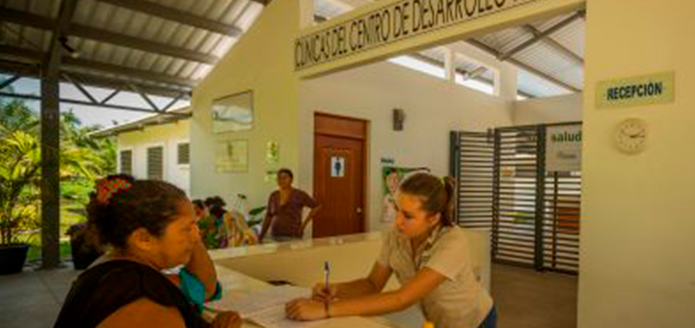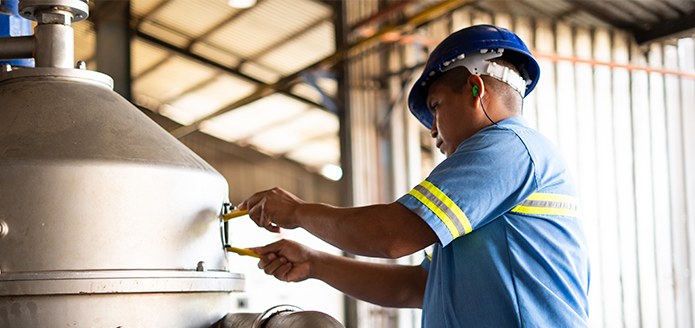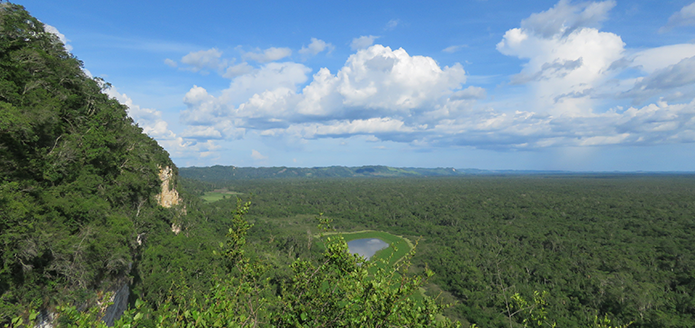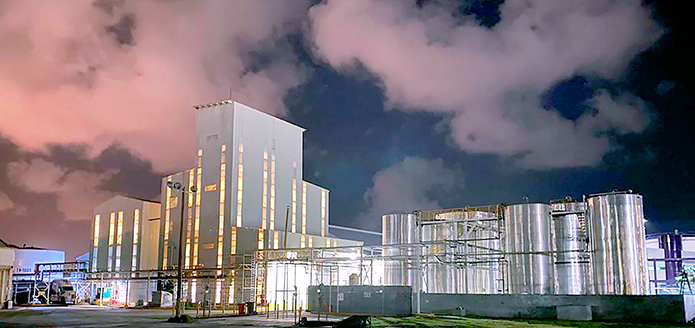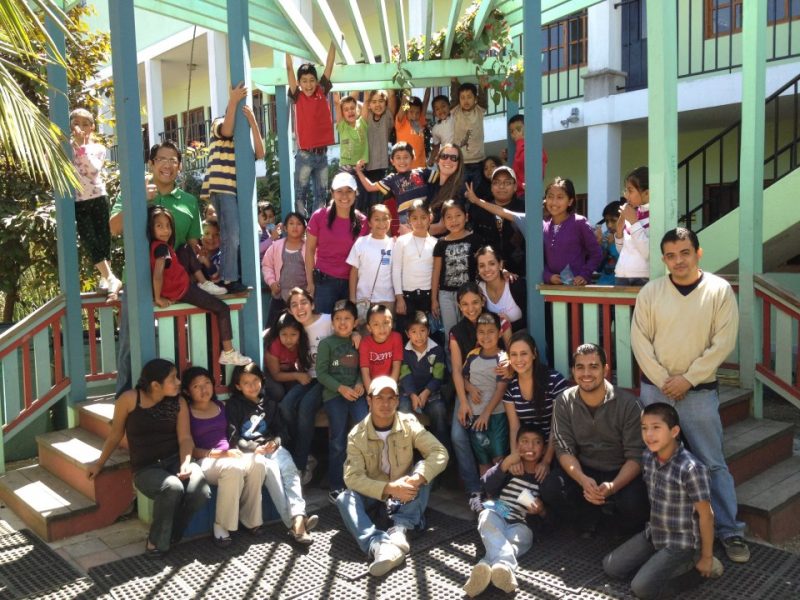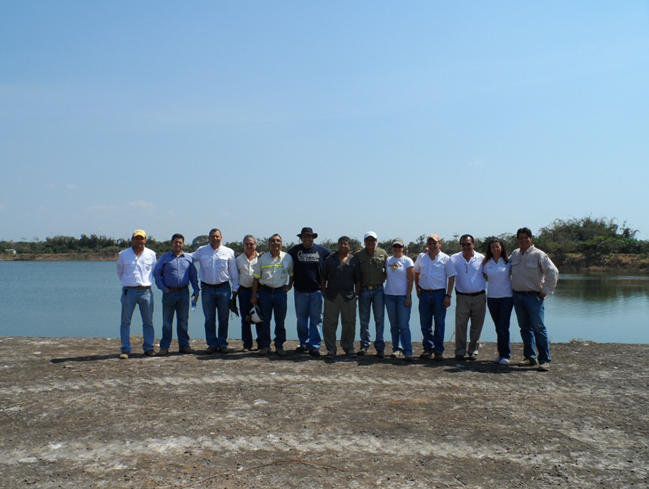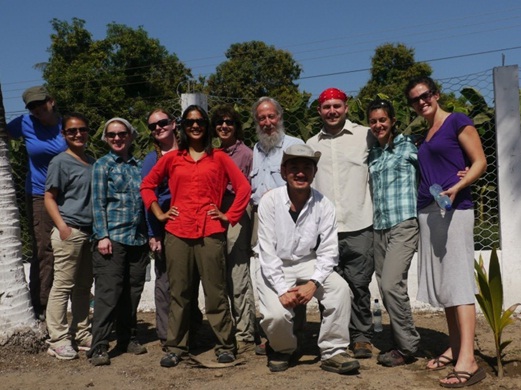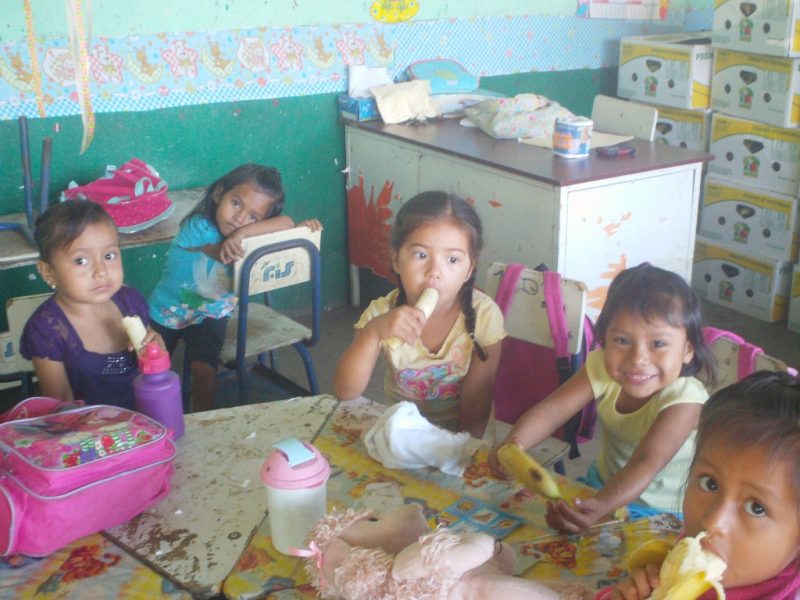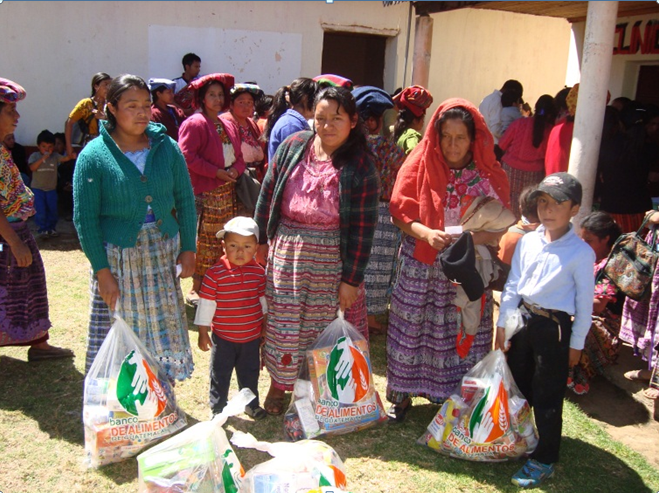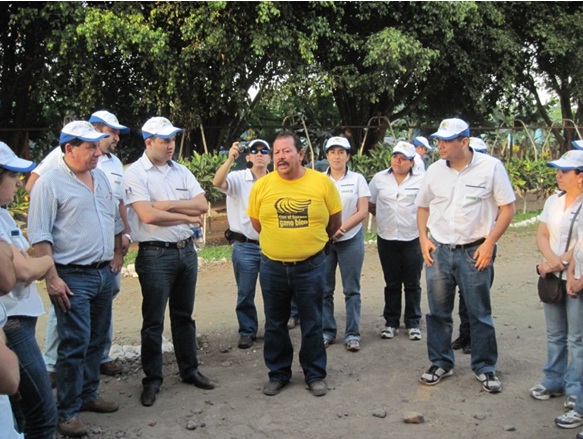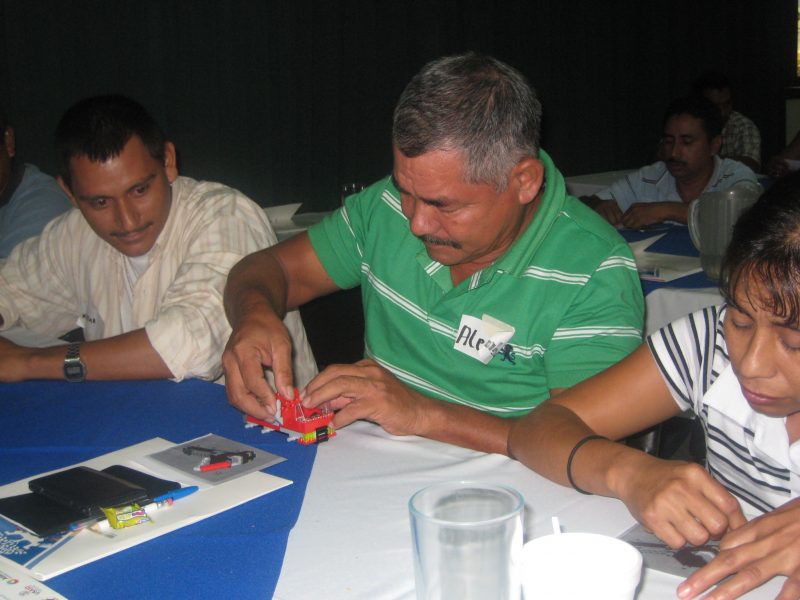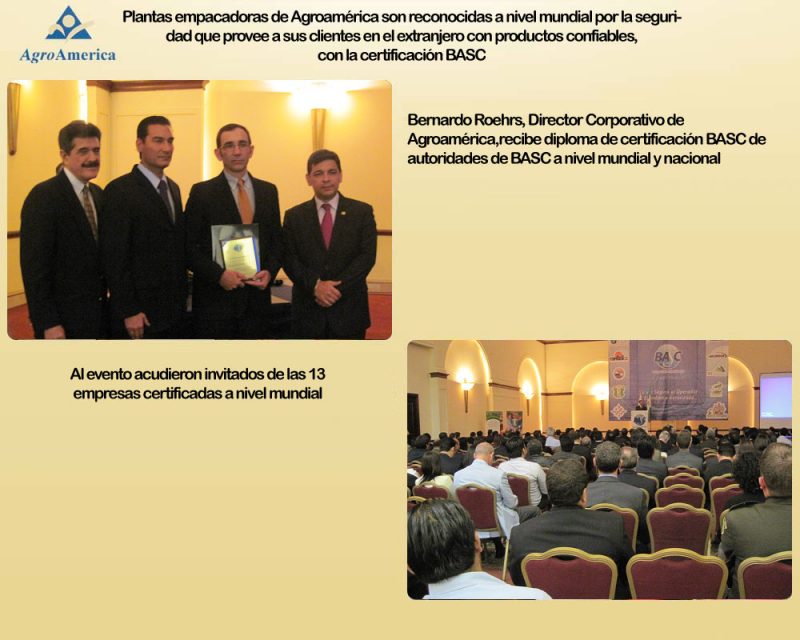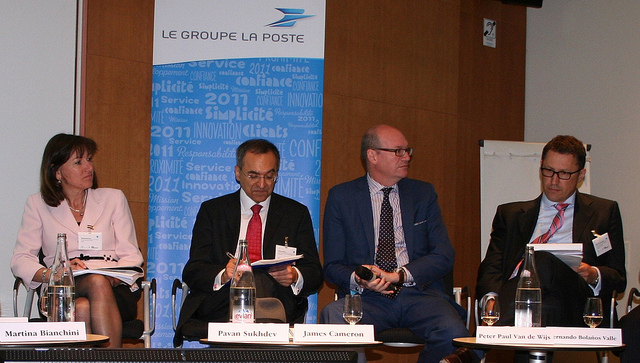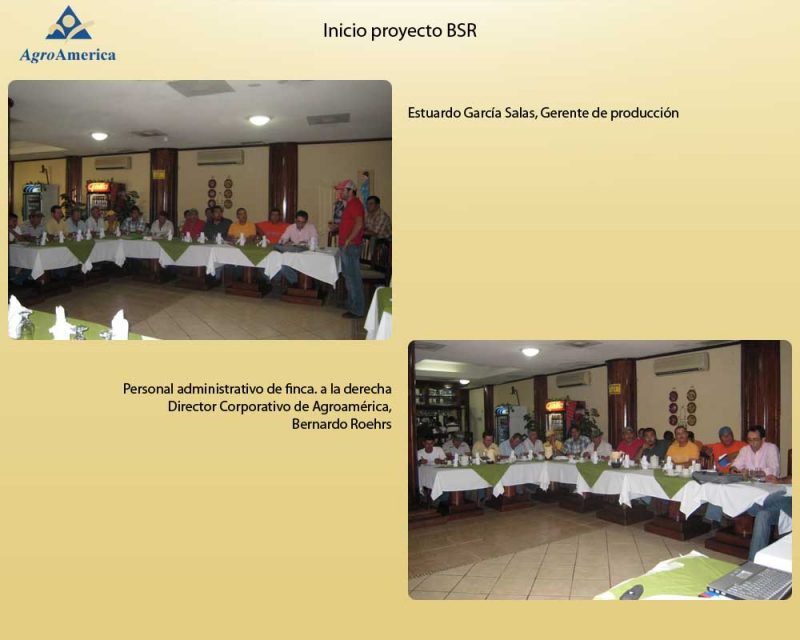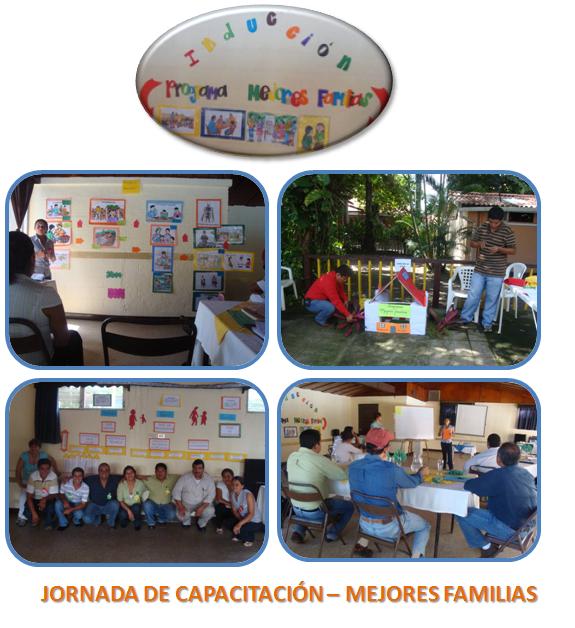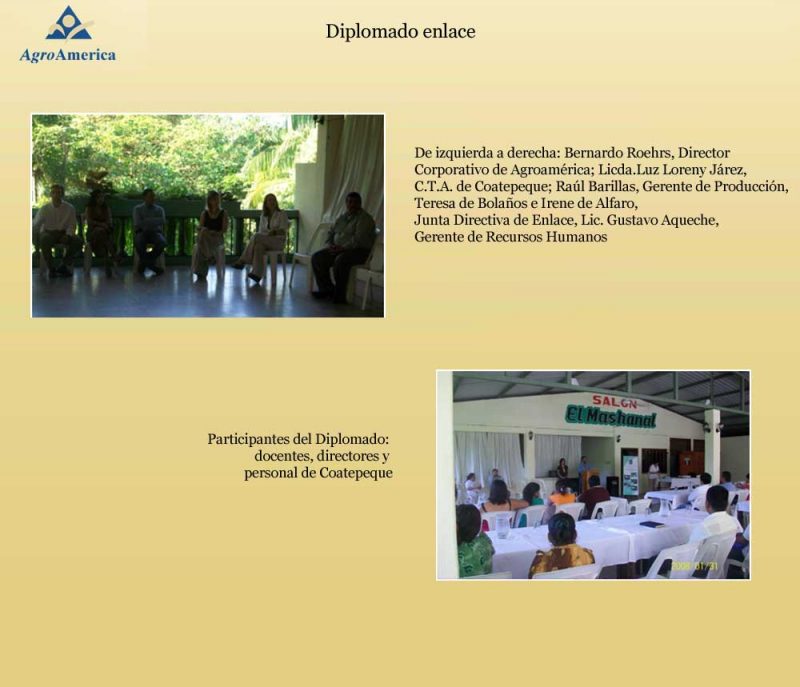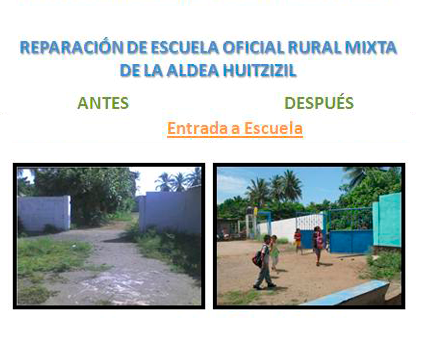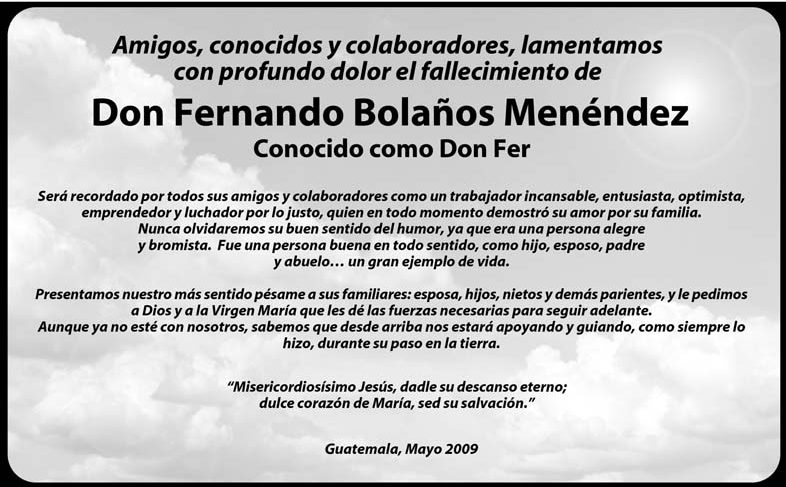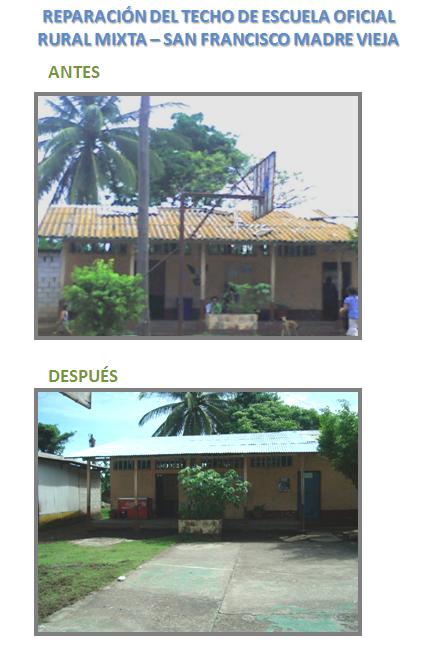Building the Capacity for Effective Multisector Dialogue at AgroAmérica, S.A.
Building the Capacity for Effective Multisector Dialogue at AgroAmérica, S.A.
Executive Summary
Guatemala’s banana sector is plagued by conflict between the private sector and labor, a legacy of the country’s civil war “the longest and one of the most brutal in contemporary American history. Improved communication and constructive dialogue among farm administration, field workers, and unions can help mitigate the mistrust and yield positive results. Recognizing these potential gains, AgroAmérica” one of Guatemala’s largest agribusiness companies employing more than 8,000 workers” worked with the BSR and CentraRSE project team to build a more constructive dialogue at two of its banana farms in northern Guatemala.
The project team implemented a series of workshops to demonstrate the benefits of collaboration and to strengthen participants communication skills, creating a learning and communication platform for farm administration, field workers, and union representatives. The project team also recommended that the farms implement formal communication mechanisms. Additionally, BSR and CentraRSE provided AgroAmérica with management tools to support the company’s efforts to improve communications with internal and external stakeholders.
Although it is challenging to determine the project’s direct causality on improvements at the farm, it has contributed to a series of short-term results, including:
1 the creation of new formal communication mechanisms,
2 increased training for middle managers,
3 improved dialogue and relations between workers and managers,
4 development of professional skills for workers and managers
5 improved management attitude toward relations with workers that may have helped decrease stoppage time.
Despite these short-term results, the project team and the company were unable to garner support from a majority of the farm workers, who voted (through their union) not to participate in the final workshop.
Nevertheless, if AgroAmérica continues to give a voice to its workers, the company can, not only improve workers? lives, but also achieve productivity increases, greater access to markets, and influence the practices of the country’s banana sector by showing that business benefits can be achieved through improved dialogue and worker relations.
Companies looking to replicate these efforts should expect that in complex, conflictive social settings, long-term, continuous, on-the-ground interactions are necessary to achieve positive results. Additionally, engaging with external
RELATED POSTS
